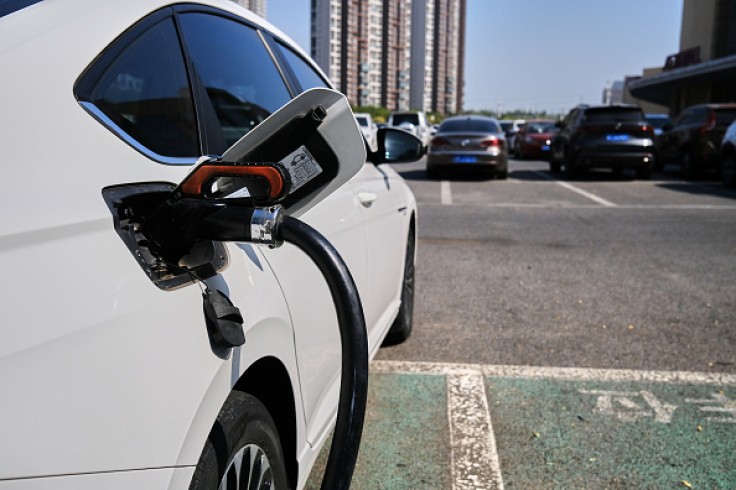Car companies are slowly adapting to the times as they have started developing electric vehicles in addition to combustion engine cars. EVs are becoming the preferred type because of their benefits and low long-term costs. If you're considering going electric, here are the positive factors that you should know about.

1. Convenient Charging
Fuel-powered vehicles require you to go to gasoline stations to fill them up with fuel every now and then, whereas EVs can be charged at home. You can even do it overnight to make sure that you have a fully charged by the time you use it in the morning.
Yes, when it comes to gas stations, you can find one immediately right around the corner, which is where EV charging stations are lacking. However, as EVs gain popularity, more and more locations are adding charging stations to accommodate EV owners.
2. Lower Energy/Fuel Costs
With the unpredictable rise and fall of gas prices (which is still expensive in both cases), electricity can be more reliable as well as cheaper. You can save almost half of the cost of fuel once you go electric.
For instance, according to Energy Sage, the charging cost of an EV compact sedan such as the 2022 Tesla Model 3 can cost up to 3.97 cents per mile, while cars like combustion engine cars like the Honda Civic LX could cost up to 9.6 cents per mile.
3. No Emissions
This might not be an important factor for some, but it is a big deal for others. With electric vehicles, the lack of combustion means that there are no tailpipe emissions. This will help you contribute to the reduction of greenhouse gas emissions that traffic costs.
The carbon emission from cars has affected the planet significantly. There are over a billion cars in the world, and just one passenger vehicle's average carbon dioxide emission can reach about 4.6 metric tons in a year.
4. Tax Credit
Although EVs can be more expensive than conventional cars, you should consider the tax credit that comes with it. The federal Qualified Plug-In Electric-Drive Motor Vehicle Tax Credit is available for many EV cars available for purchase.
Depending on the size of the electric car and the capacity of its battery, you can get a $2,500 up to $7,000 tax credit, according to the US Department of Energy. There are states or electric utilities that also offer incentives.
5. Fewer Resources Used
Electric vehicles are powered by batteries that can be recycled, which means that even as your battery life has reached its limit, valuable materials from it can still be recovered and reused. Other than reducing pollution, this lets you contribute to conserving resources and decreasing electronic waste.
6. Gas-Powered Car Sales Will Soon Be Banned
There are now seven states in the US that pledged to ban the sales of gas-powered cars after 2035. You can still purchase a combustion engine car before then, but there's the matter of demand for service once EVs become the standard.
People will be expected to switch to electric cars sooner or later, which means car-related services will eventually adapt to skills that are required by EVs. With that, it'll be easier for you to find services that cater to EVs than fuel-powered cars.









